AI and Tech Development in October 2025: Python, AGI, Automation, and More
When you think about AI, a field focused on building systems that mimic human intelligence, including learning, reasoning, and problem-solving. Also known as artificial intelligence, it’s no longer just a future idea—it’s the engine behind today’s biggest tech shifts. In October 2025, the conversation isn’t about if AI will change things, but how fast and how deep. From writing code to automating entire workflows, AI is now a core skill for developers, not a side interest.
Artificial General Intelligence, a theoretical form of AI that can understand, learn, and apply knowledge across any domain like a human. Also known as strong AI, it’s still not here—but the discussions around it are more urgent than ever. Posts this month dug into what’s holding AGI back, who’s working on it, and how even narrow AI systems are pushing us closer to that threshold. Meanwhile, Python, a programming language known for its readability and massive library support in machine learning and data science. Also known as Python programming, it remains the undisputed go-to language for building AI systems. Why? Because it lets developers move fast, test ideas quickly, and tap into tools like TensorFlow and PyTorch without getting lost in complex syntax. If you’re building anything intelligent, Python is your starting point.
But AI isn’t just about models and math. It’s also about automation, using technology to perform tasks with minimal human input, often powered by AI to make smarter decisions. Also known as intelligent automation, it’s turning routine work into seamless, adaptive processes. The posts this month showed how simple scripts can become self-learning workflows—whether it’s auto-tagging files, optimizing server loads, or even drafting responses based on context. And it’s not just for engineers. Designers, marketers, and product teams are using these tricks to save hours every week.
Then there’s the practical side: C# game development didn’t disappear just because AI is hot. Developers still need to build smooth, responsive games, and C# with Unity remains one of the most reliable paths. Meanwhile, PHP developers found new ways to clean up legacy code with Composer and PSR standards. These aren’t flashy topics, but they’re the backbone of real-world tech.
What you’ll find here isn’t a list of buzzwords. It’s a snapshot of what real people were building, learning, and fixing in October 2025. Whether you’re trying to understand AGI’s real risks, learning how to write better Python for AI, or just looking for a solid C# tutorial to get your game running—this collection has you covered. No fluff. No hype. Just the tools, tricks, and truths that matter right now.
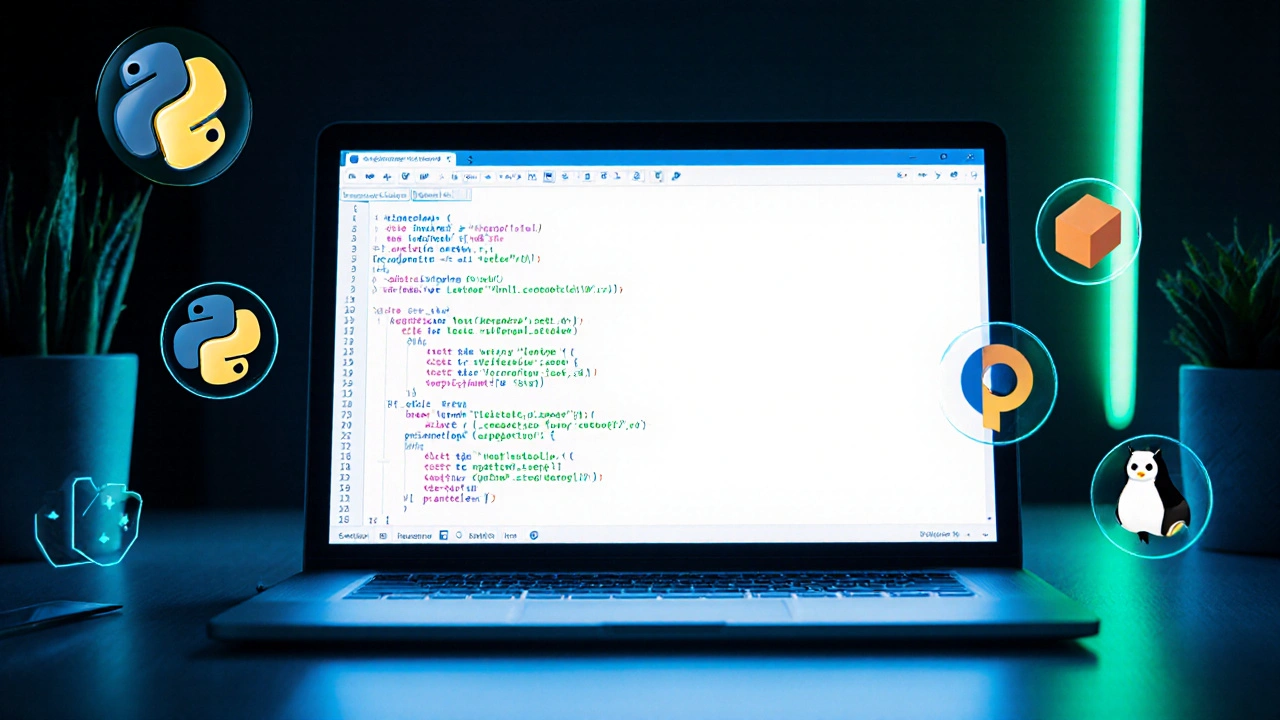
- Oct 28, 2025
- Mark Cooper
- 0 Comments
Python for AI: Why It’s the Top Choice for Building Intelligent Systems
Python dominates AI development because of its simple syntax, powerful libraries, and massive community. Learn why it's the top choice for machine learning, deep learning, and real-world AI projects.

- Oct 26, 2025
- Mark Cooper
- 0 Comments
Why Coding for AI Is Essential for Every Tech Visionary
Learn why coding for AI is essential for tech visionaries, explore key languages, tools, a step‑by‑step roadmap, common pitfalls, and upcoming trends.
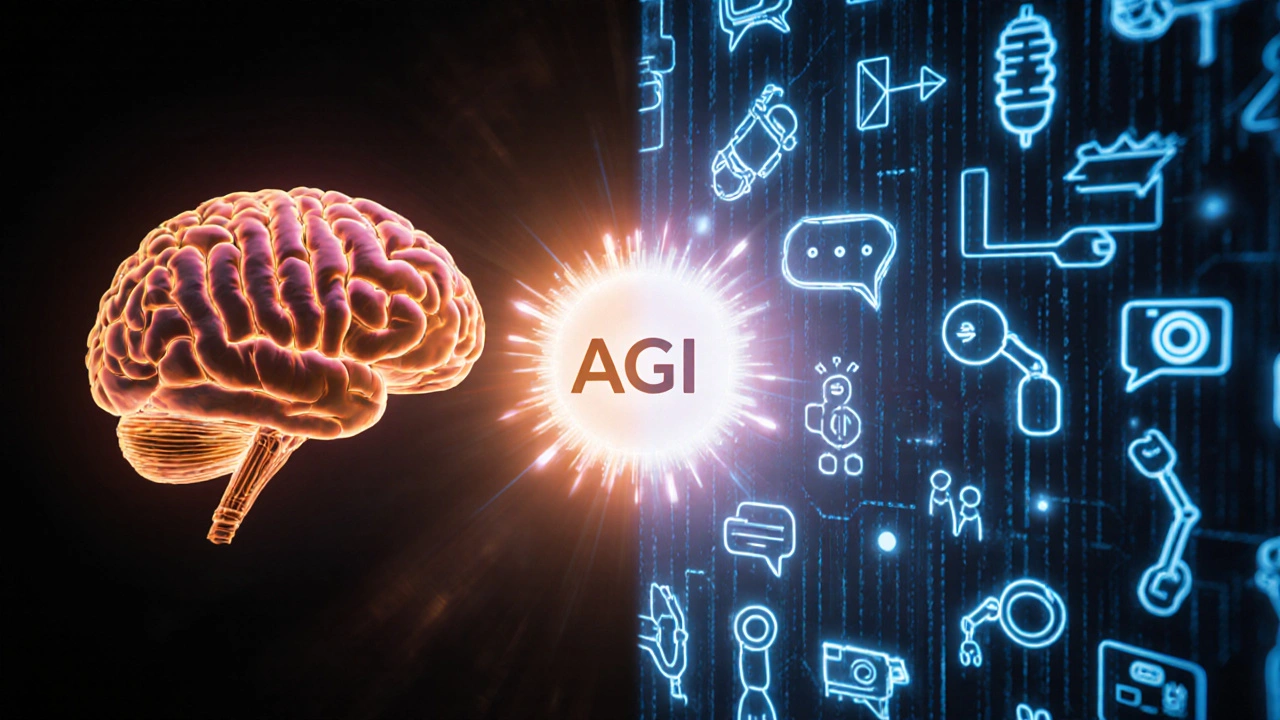
- Oct 21, 2025
- Alaric Stroud
- 0 Comments
Artificial General Intelligence (AGI): The Future of AI Explained
Explore what Artificial General Intelligence is, how it differs from narrow AI, key challenges, timelines, and its impact on society in this comprehensive 2025 guide.
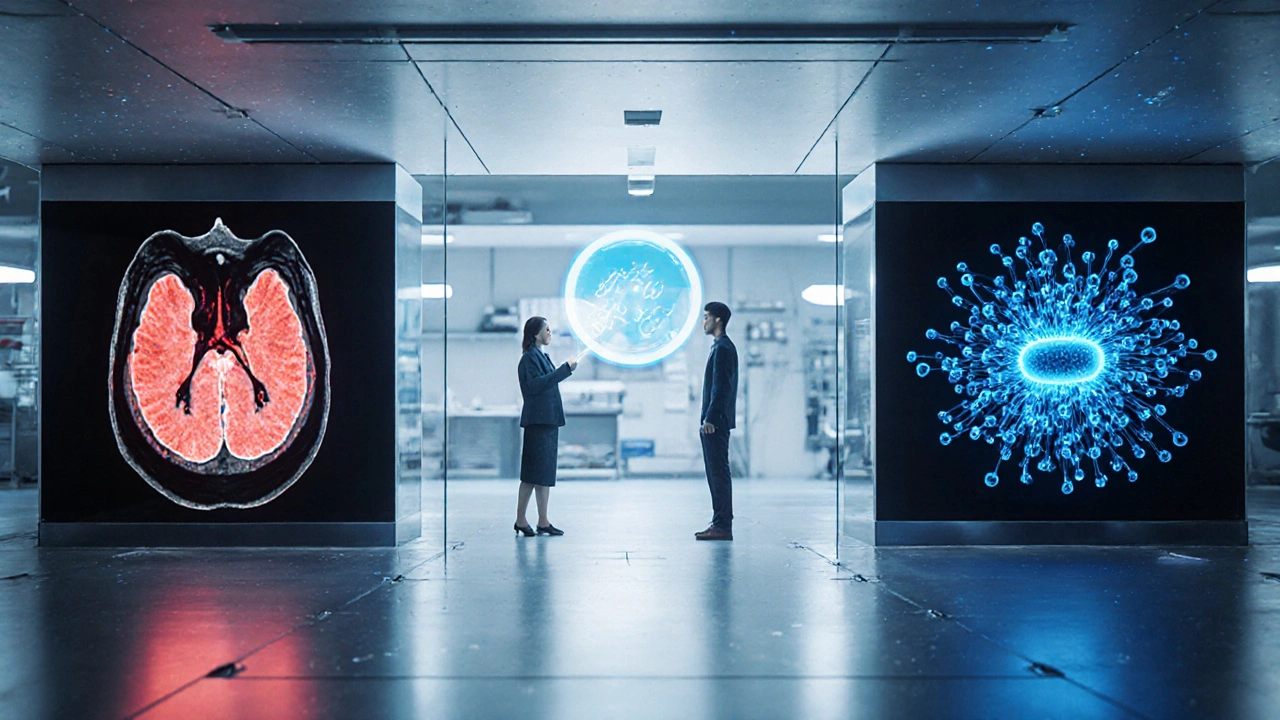
- Oct 19, 2025
- Seraphine Gibson
- 0 Comments
How Learning AI Is Transforming the Tech Industry
Discover why learning AI is reshaping the tech industry, the core technologies to master, practical roadmaps, real‑world impacts, and tips to become AI‑ready.
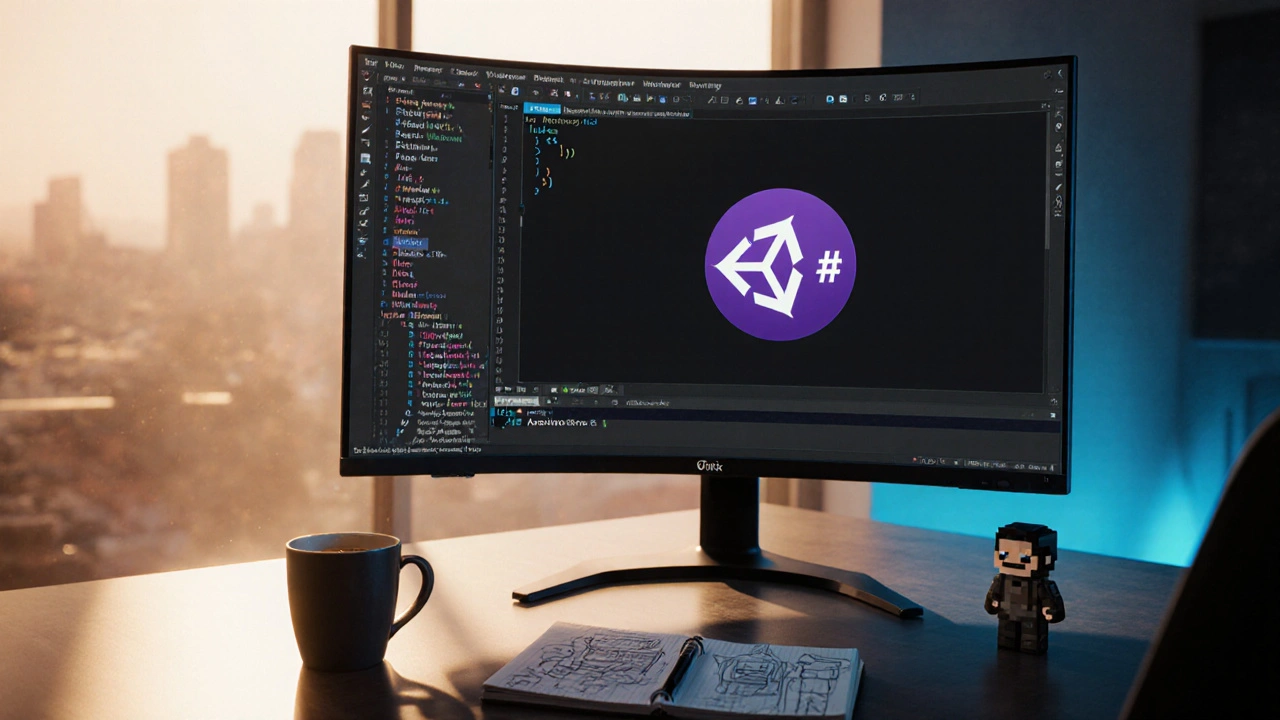
- Oct 14, 2025
- Andrew Harper
- 0 Comments
C# Game Development Tutorial: Essential Guide for Game Developers
Learn how to start game development with C#, set up Unity or MonoGame, master essential C# concepts, build a 2D platformer, and optimize performance for smooth gameplay.
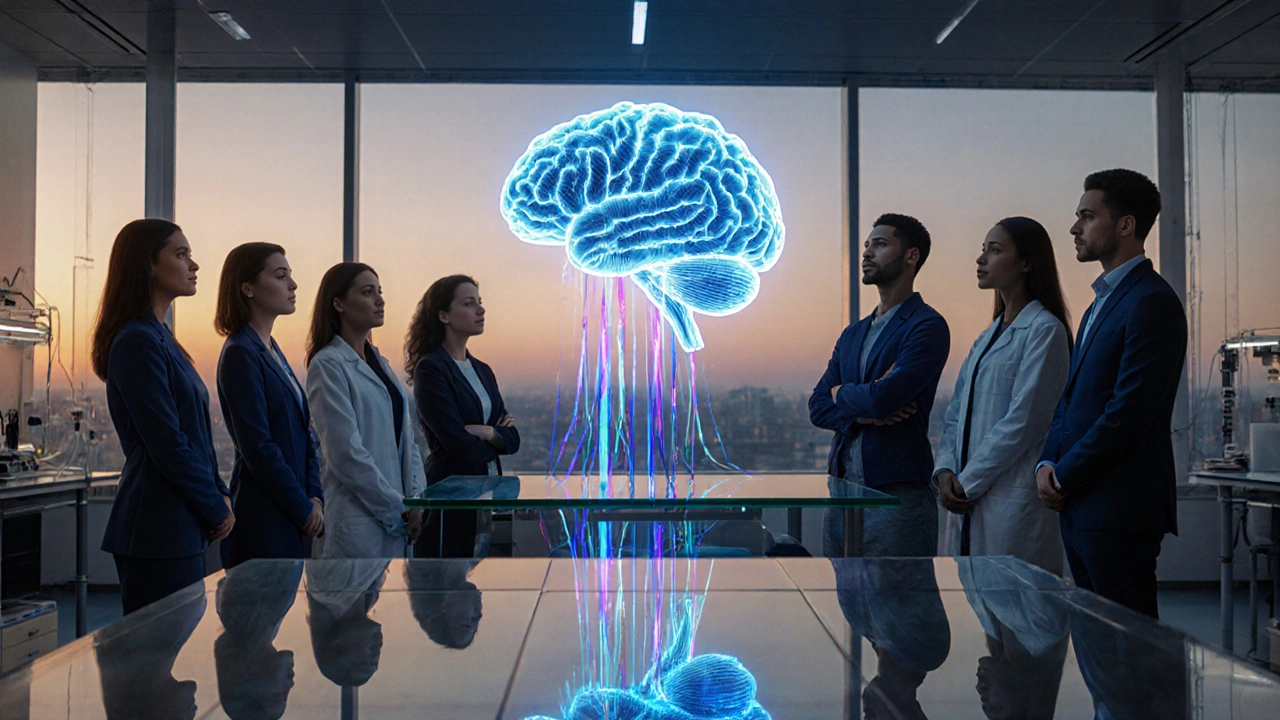
- Oct 12, 2025
- Travis Lincoln
- 0 Comments
Artificial General Intelligence: How the Future Arrived Today
Explore what Artificial General Intelligence (AGI) really means, its technical hurdles, timeline predictions, safety concerns, and how society can prepare for this upcoming shift.
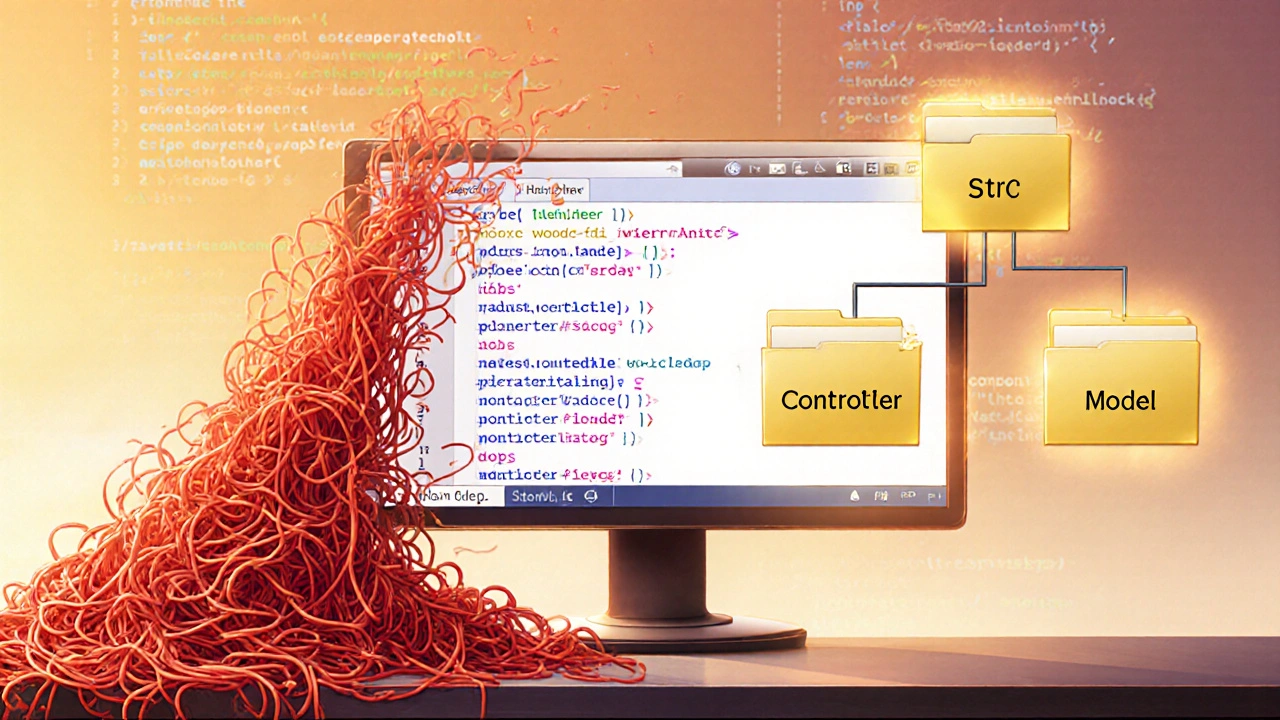
- Oct 7, 2025
- Maxwell Sterling
- 0 Comments
PHP Tricks: Step-by-Step Guide to Better Coding
Discover practical PHP tricks to write cleaner, faster, and more secure code. Follow a step-by-step guide covering Composer setup, PDO, PSR standards, Xdebug, testing, and performance tweaks.

- Oct 5, 2025
- Mark Cooper
- 0 Comments
Future of Seamless Automation: Top AI Tricks You Need
Explore practical AI tricks that turn ordinary automation into seamless, intelligent workflows, with step-by-step guides, tool comparisons, and expert tips.
